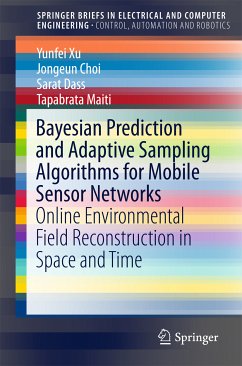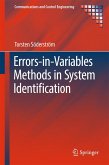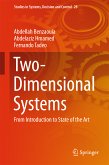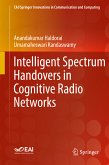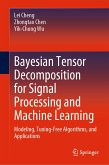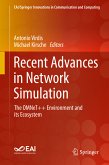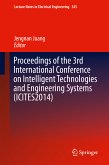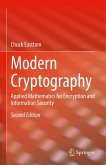This brief introduces a class of problems and models for the prediction of the scalar field of interest from noisy observations collected by mobile sensor networks. It also introduces the problem of optimal coordination of robotic sensors to maximize the prediction quality subject to communication and mobility constraints either in a centralized or distributed manner. To solve such problems, fully Bayesian approaches are adopted, allowing various sources of uncertainties to be integrated into an inferential framework effectively capturing all aspects of variability involved. The fully Bayesian approach also allows the most appropriate values for additional model parameters to be selected automatically by data, and the optimal inference and prediction for the underlying scalar field to be achieved. In particular, spatio-temporal Gaussian process regression is formulated for robotic sensors to fuse multifactorial effects of observations, measurement noise, and prior distributions for obtaining the predictive distribution of a scalar environmental field of interest. New techniques are introduced to avoid computationally prohibitive Markov chain Monte Carlo methods for resource-constrained mobile sensors. Bayesian Prediction and Adaptive Sampling Algorithms for Mobile Sensor Networks starts with a simple spatio-temporal model and increases the level of model flexibility and uncertainty step by step, simultaneously solving increasingly complicated problems and coping with increasing complexity, until it ends with fully Bayesian approaches that take into account a broad spectrum of uncertainties in observations, model parameters, and constraints in mobile sensor networks. The book is timely, being very useful for many researchers in control, robotics, computer science and statistics trying to tackle a variety of tasks such as environmental monitoring and adaptive sampling, surveillance, exploration, and plume tracking which are of increasing currency. Problems are solved creatively by seamless combination of theories and concepts from Bayesian statistics, mobile sensor networks, optimal experiment design, and distributed computation.
Dieser Download kann aus rechtlichen Gründen nur mit Rechnungsadresse in A, B, BG, CY, CZ, D, DK, EW, E, FIN, F, GR, HR, H, IRL, I, LT, L, LR, M, NL, PL, P, R, S, SLO, SK ausgeliefert werden.

